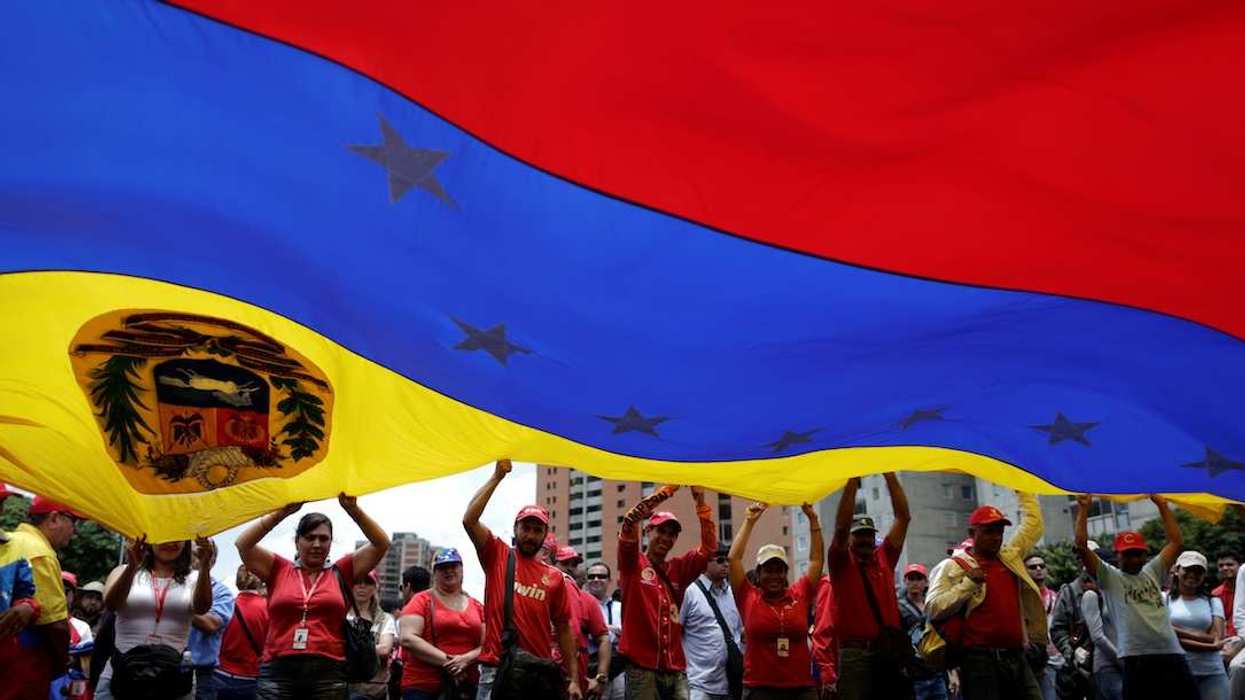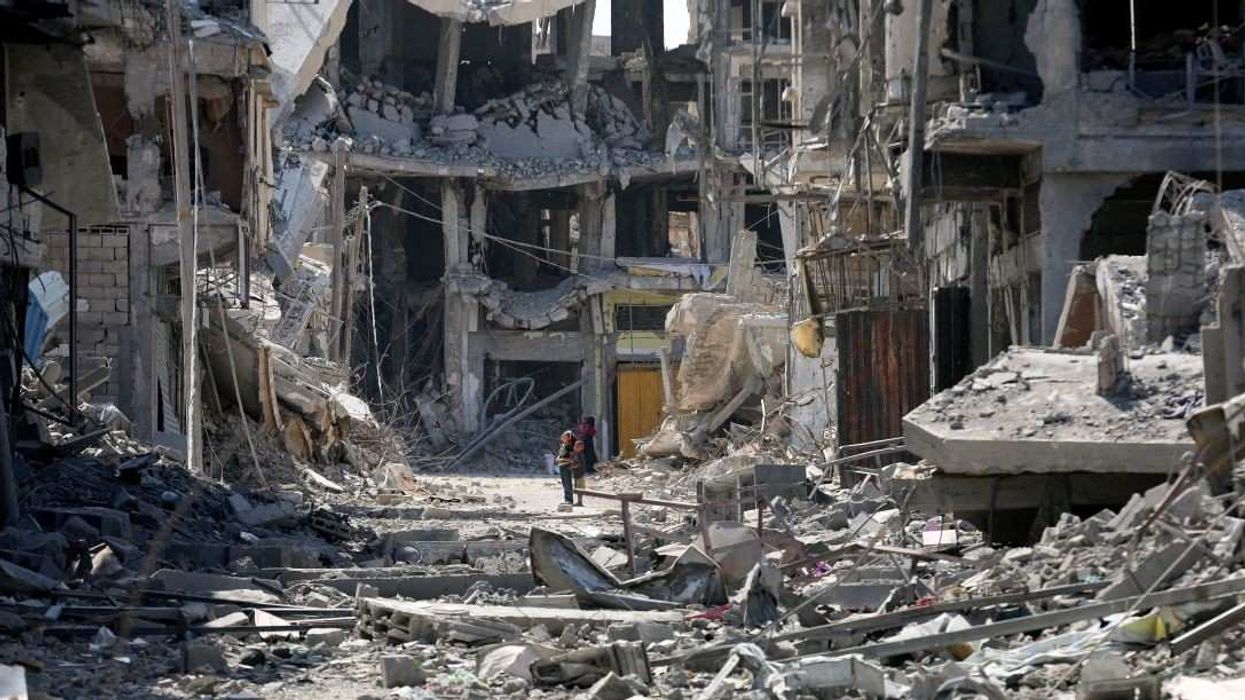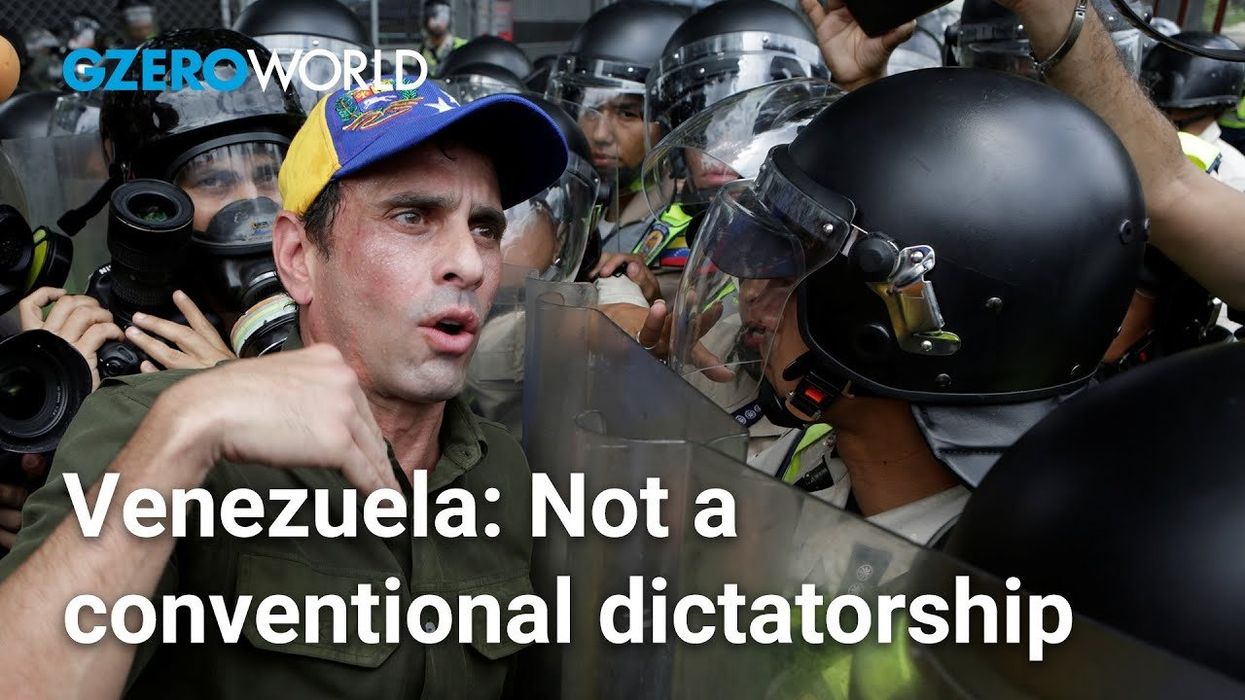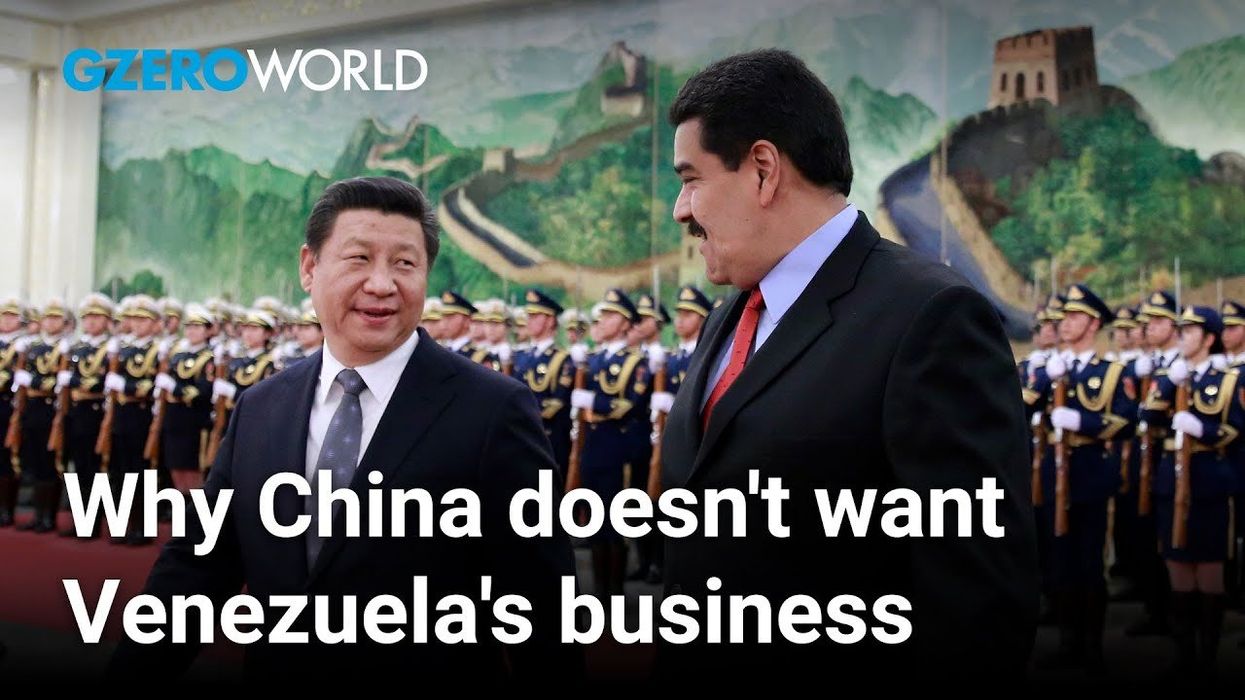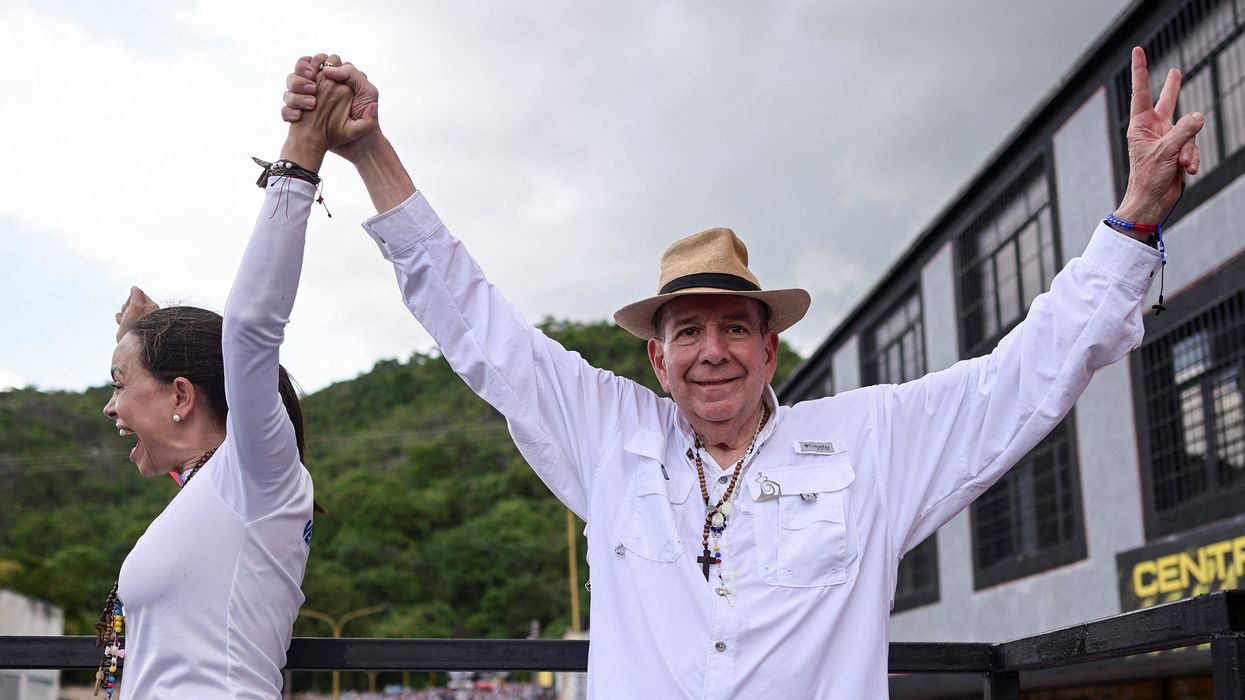What We're Watching
What We’re Watching: Machado vs. Rodríguez envoy in DC, Second phase of Gaza ceasefire begins, UK’s Conservatives in freefall
When they meet at the White House today, Venezuelan opposition leader and Nobel Peace Prize winner María Corina Machado will seek to convince US President Donald Trump that it was a mistake to back Delcy Rodríguez as interim leader of Venezuela.
Jan 15, 2026
